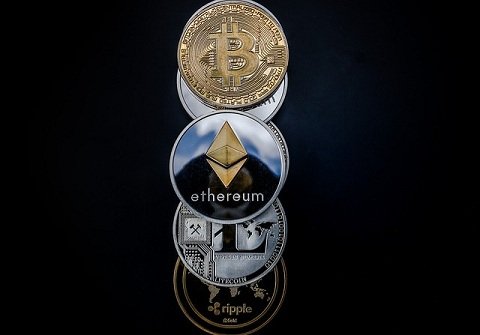Latest news about Bitcoin and all cryptocurrencies. Your daily crypto news habit.
Thailand’s Security and Exchange Commission has released a comprehensive framework for the regulation of the country’s cryptocurrency market. The laws cover ICOs, approved cryptocurrency trading pairs, and licensing fees for market operators. The regulations which were announced on June 8, 2018, come into effect later in the month.
ICO Regulations
In May 2018, Thailand banned ICOs while waiving the previously planned 7 percent VAT on cryptocurrency transactions. The new ICO regulations reverse the ban while stipulating strict conditions that must be met by future ICOs. According to the SEC decree, companies looking to conduct an ICO must signify the type of token being issued as well as other pertinent investment information.
The decree also stipulated that ICO portals must oversee their offerings for at least one year while having a minimum base capital of 5 million baht (about $157,000 USD). The decree also stated:
Each ICO offering can be offered to institutional and ultra-high-net-worth investors at an unlimited investment amount, but the investment is capped at 300,000 baht for retail investment per person and per ICO project, or no more than 70 percent of total value of offered tokens.
Approved Cryptocurrency Trading Pairs
Sequel to the May 13, 2018 ruling that virtual currencies be classified as digital assets, the Thai SEC has approved seven cryptocurrencies to used as trading pairs. They are Bitcoin, Bitcoin Cash, Ethereum, Ethereum Classic, Ripple, Litecoin, and Stellar.
According to the Thai SEC, these currencies were chosen based on their credibility and liquidity among other parameters.
Ten companies are expected to apply for operating licenses – five of which are exchange platforms and the other five are broker-dealer firms. Cryptocurrency exchange platforms must apply for a license before August 14, 2018.
Licensing Fees
The new Thai cryptocurrency regulations also contain a comprehensive breakdown of licensing fees for market operators. As mandated by the country’s Finance Ministry, all-digital currency exchange businesses must be registered in Thailand. Also, such companies will pay upfront registration fees of 5 million baht. The fee covers both token distribution and cryptocurrency operations.
The minimum capital for centralized exchange services is 50 million baht ($1.57 million). For decentralized exchanges and brokers, the minimum capital is 5 million baht and 10 million baht ($314,000), respectively. The ministry also stipulated minimum capitals for brokers – 1 million baht ($31,400) and dealers – 5 million baht.
What do you think about Thailand’s new cryptocurrency regulatory framework? Are there loopholes particularly concerning the list of approved cryptocurrency trading pairs? Share your views with the community in the comment section below.
Images courtesy of Pixabay, Shutterstock
Disclaimer
The views and opinions expressed in this article are solely those of the authors and do not reflect the views of Bitcoin Insider. Every investment and trading move involves risk - this is especially true for cryptocurrencies given their volatility. We strongly advise our readers to conduct their own research when making a decision.

